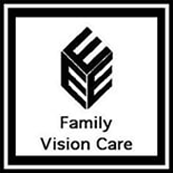News
Blog Entries - 'vision care'
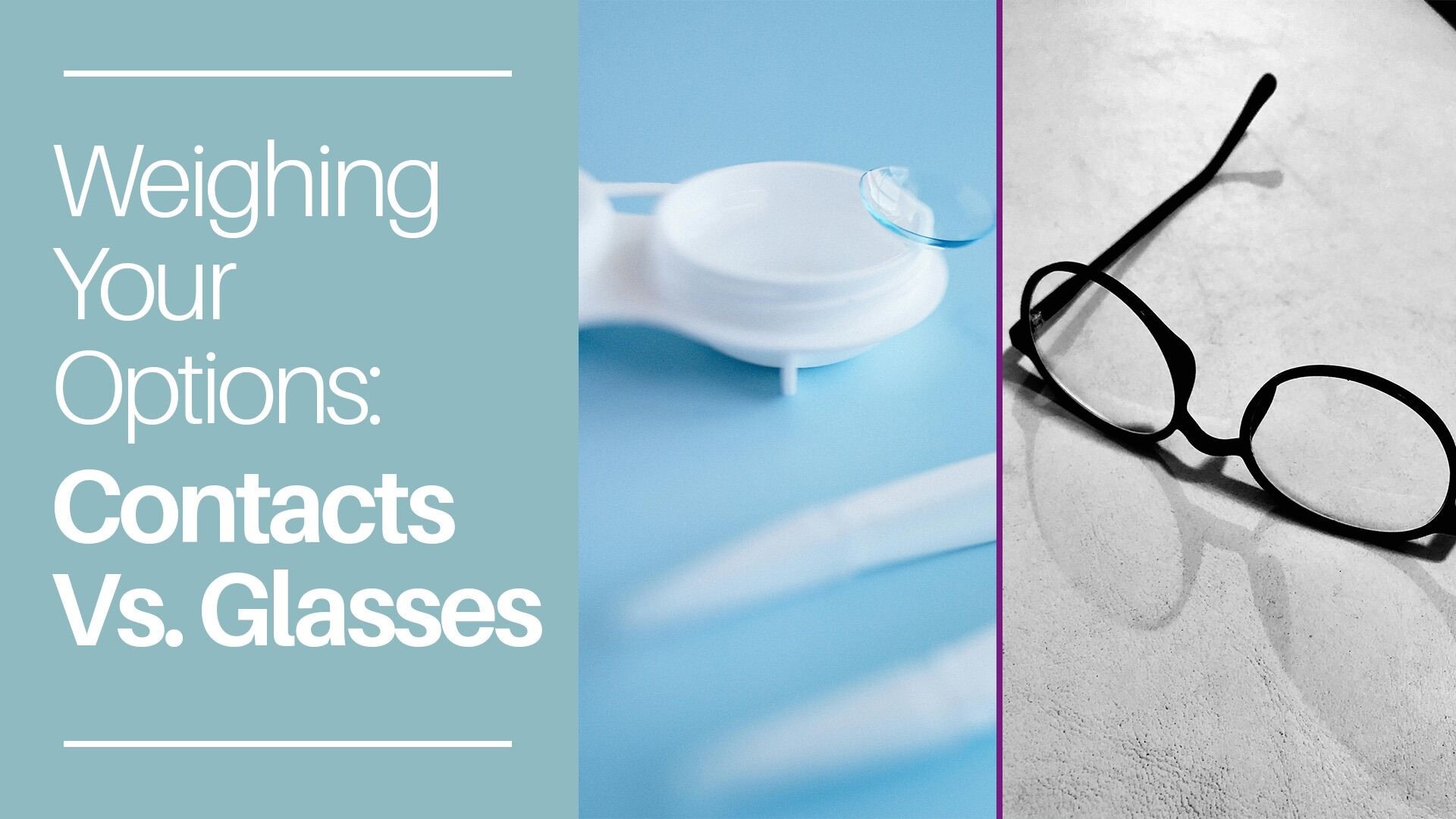
Weighing Your Options: Contacts Vs. Glasses
If you’ve been having vision problems and your optometrist has prescribed you contacts or glasses, it’s not always readily apparent which you should choose.

Contacts: Do's and Don'ts
Have you recently started wearing contacts, or do you exclusively wear contacts?
Contacts, also known as contact lenses, are thin, curved lenses placed directly on your eye's surface to correct vision problems. They provide an alternative to eyeglasses for those who prefer not to wear them or want a more natural look.
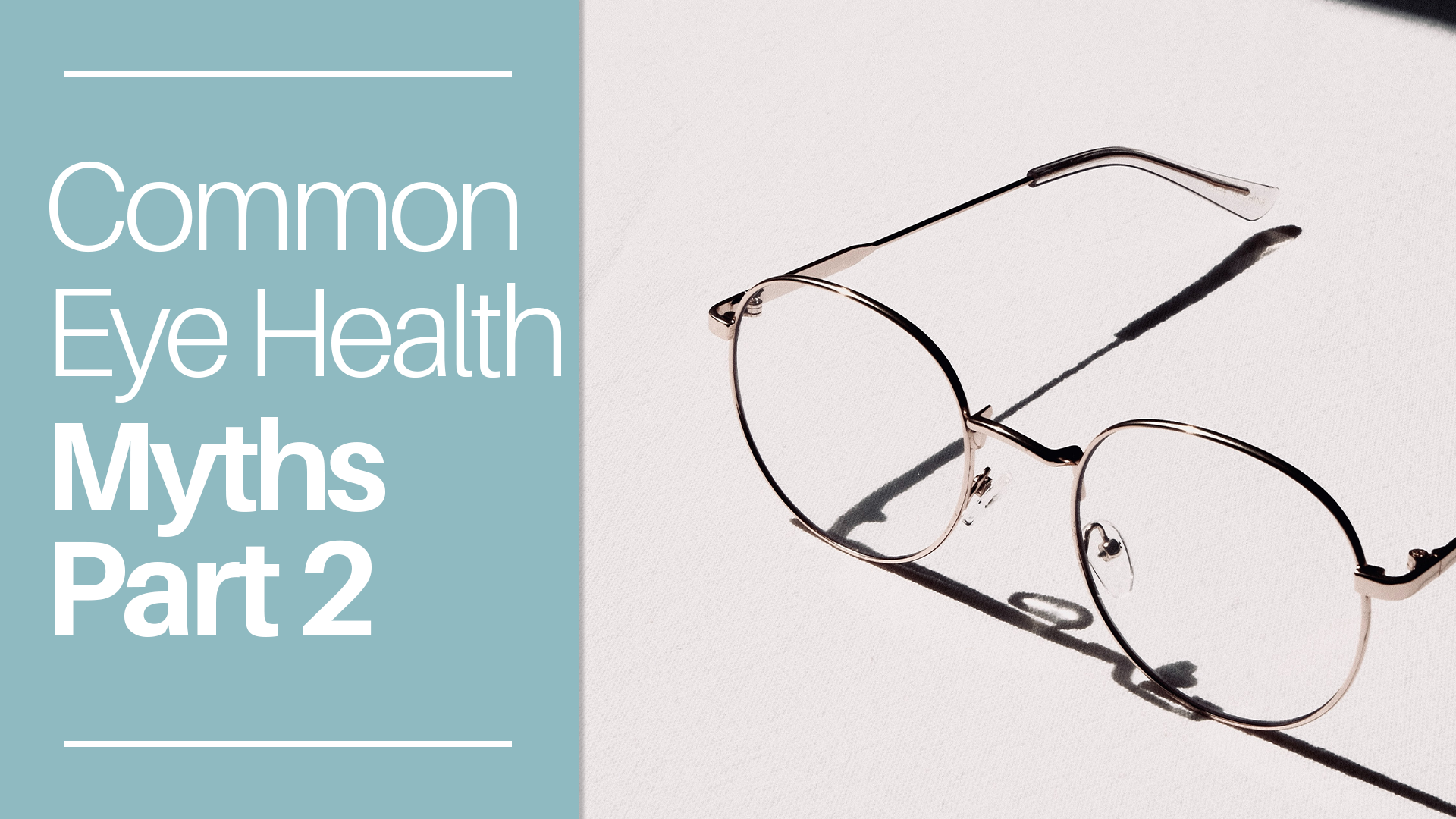
Common Eye Health Myths Part 2
At Oxford Family Vision Care, we recognize that misinformation is easily spread.
This blog post is the second installation in a series where we debunk common eye health myths to protect your eye health.
We will outline 5 common eye health myths known, losing vision is an inevitable part of aging, only men can be colorblind, people who are colorblind only see in black and white, blindness means that you cannot see anything at all, and wearing someone else's glasses will damage your eyes.
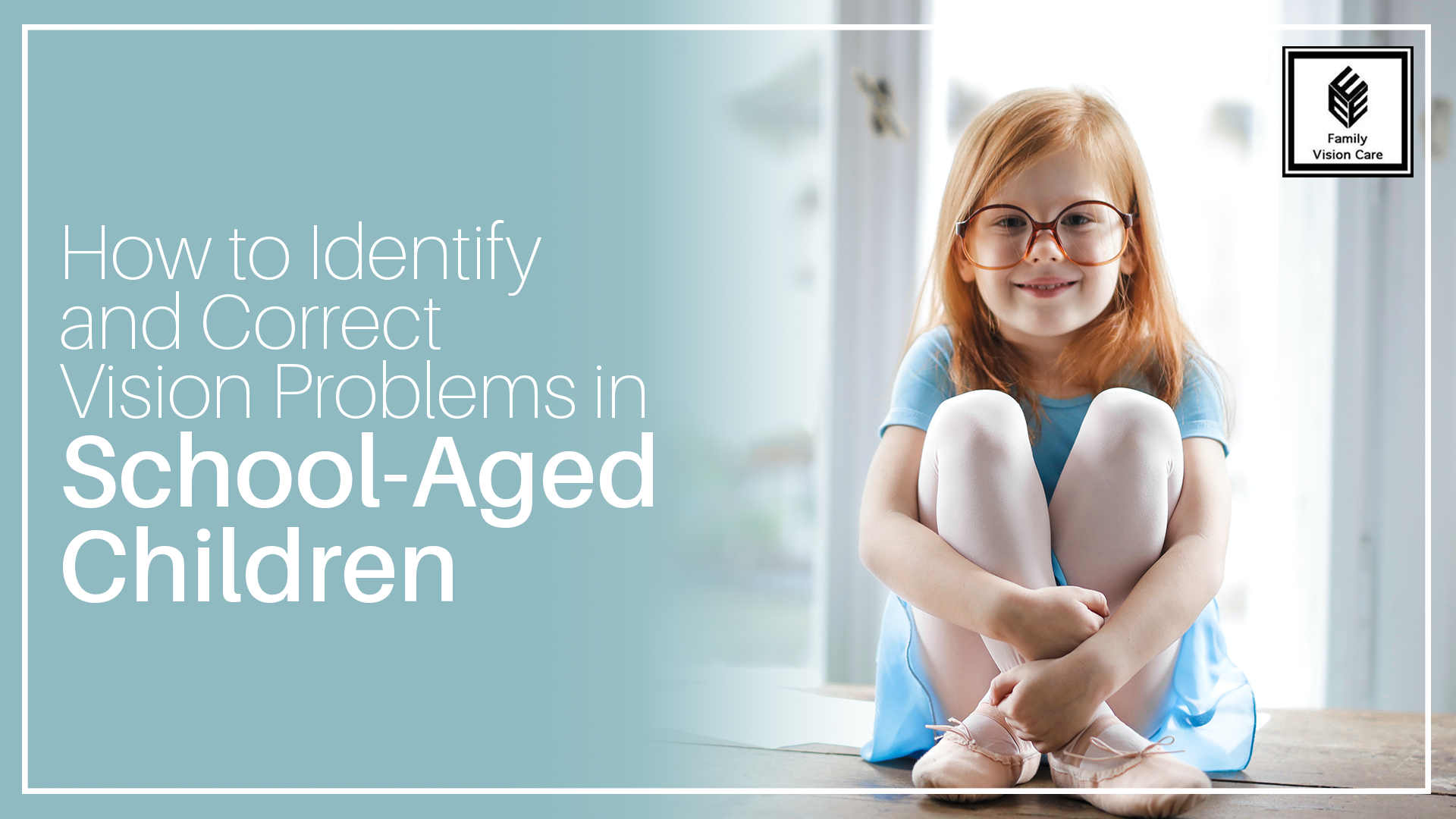
How to Identify and Correct Vision Problems in School-Aged Children
As a parent, you want your child to succeed in school and achieve their full potential. One of the most important factors to consider when it comes to education is vision.
Much of the important information your children need to learn is presented visually, and if your child cannot see the board or read smaller print, they can fall behind.
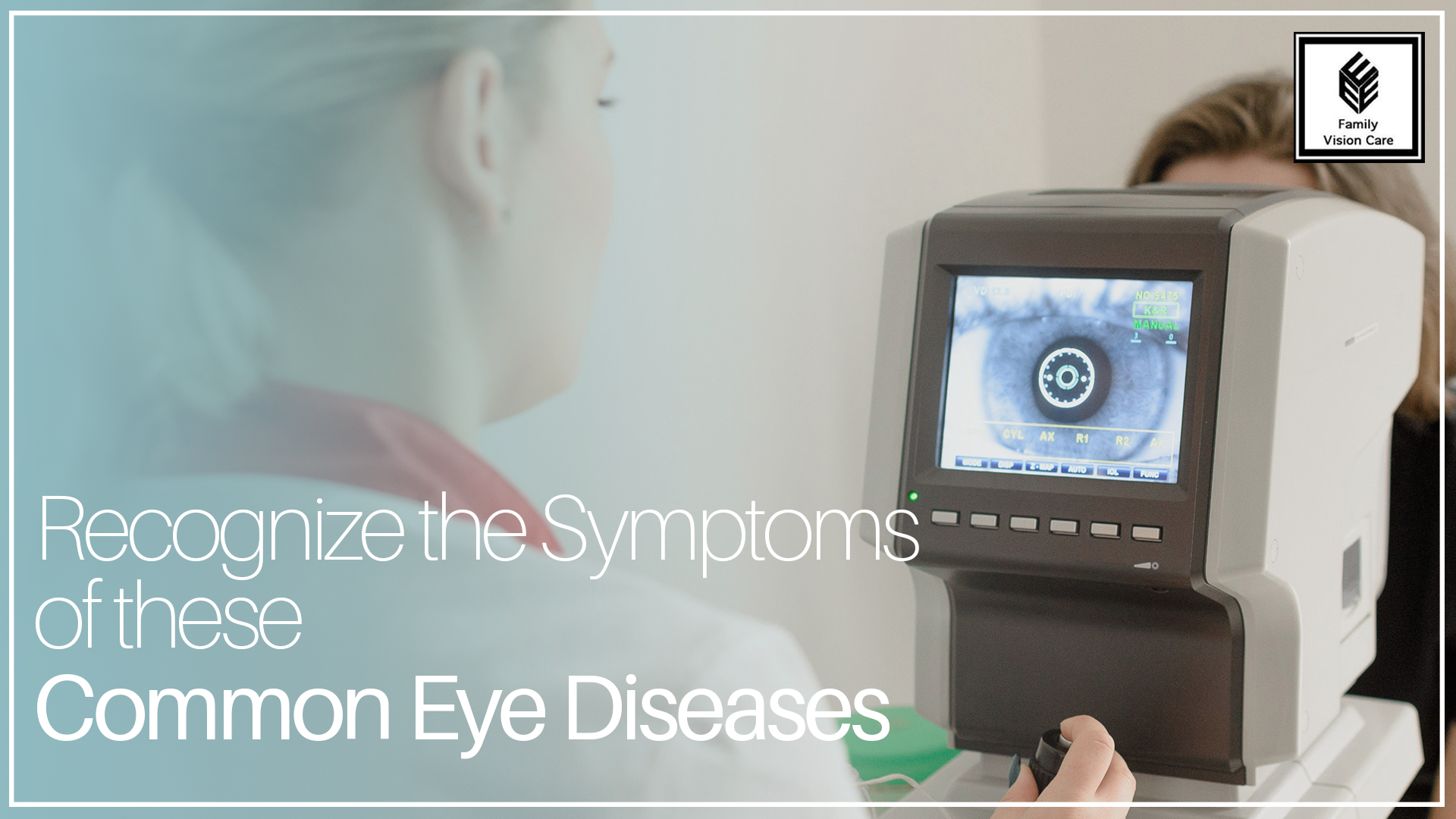
Recognize the Symptoms of These Common Eye Diseases
When it comes to observing the world around you, there are few organs more important than the eyes.
Our eyes are easy to take for granted. We use them to see colors, shapes, and movement, but they are so much more than purely functional. Our eyes allow us to enjoy art, stories, and precious time with friends and family.
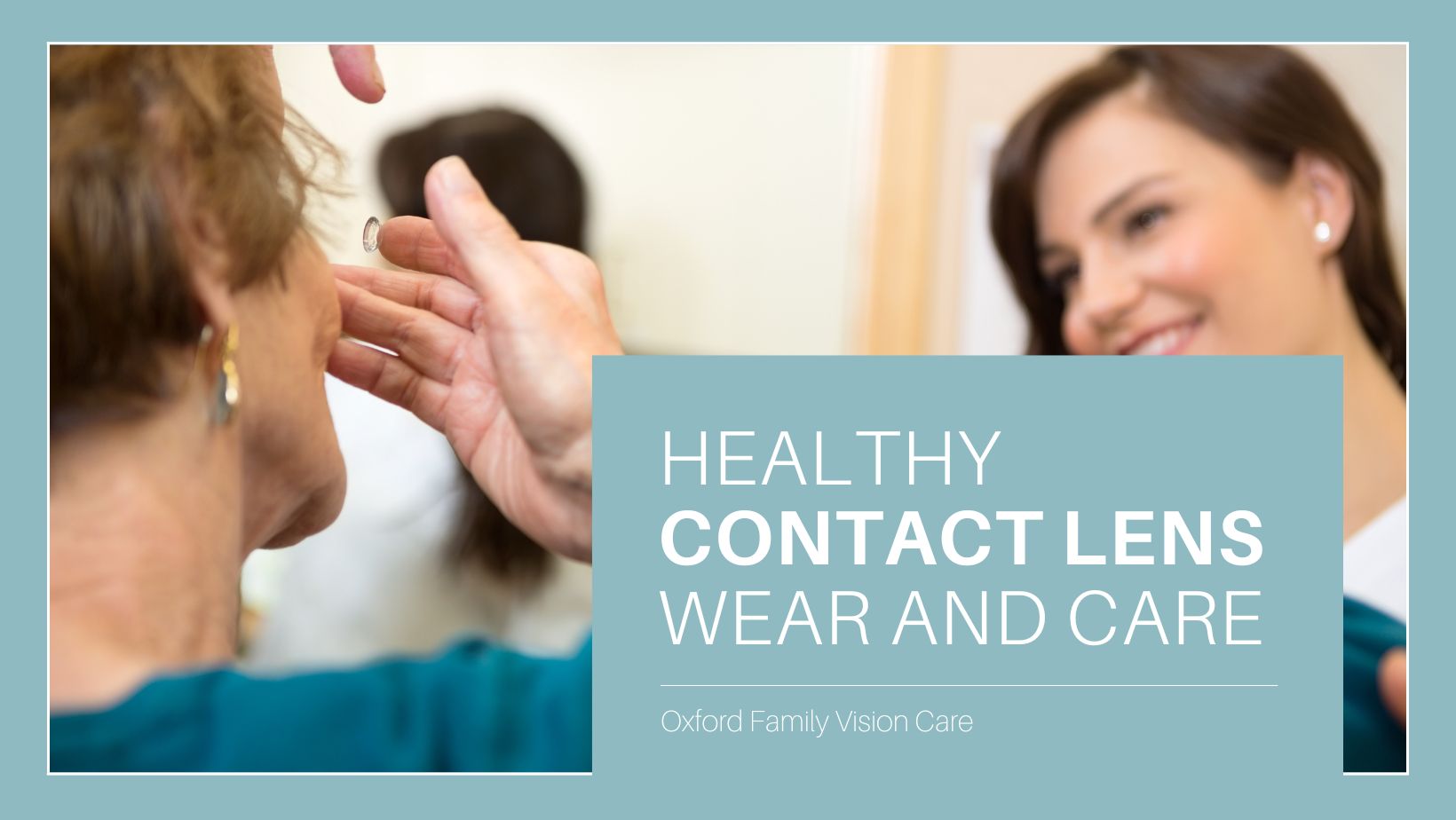
Healthy Contact Lens Wear and Care
Eye health and clear vision are the two most important things when it comes to your eyes.
Contact lenses, when properly cared for, are a safe and effective way to correct blurry vision. However, wearing contact lenses requires an everyday routine to minimize any chance of health risk that accompanies wearing contact lenses.
